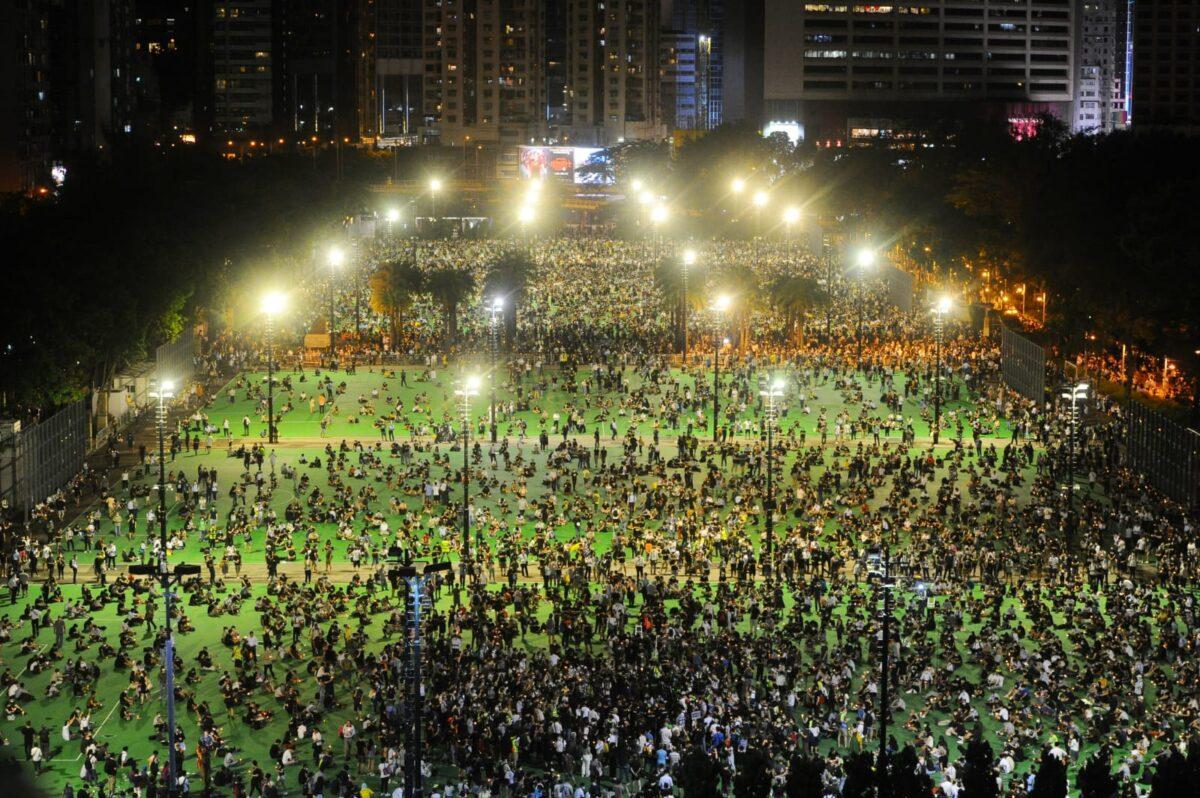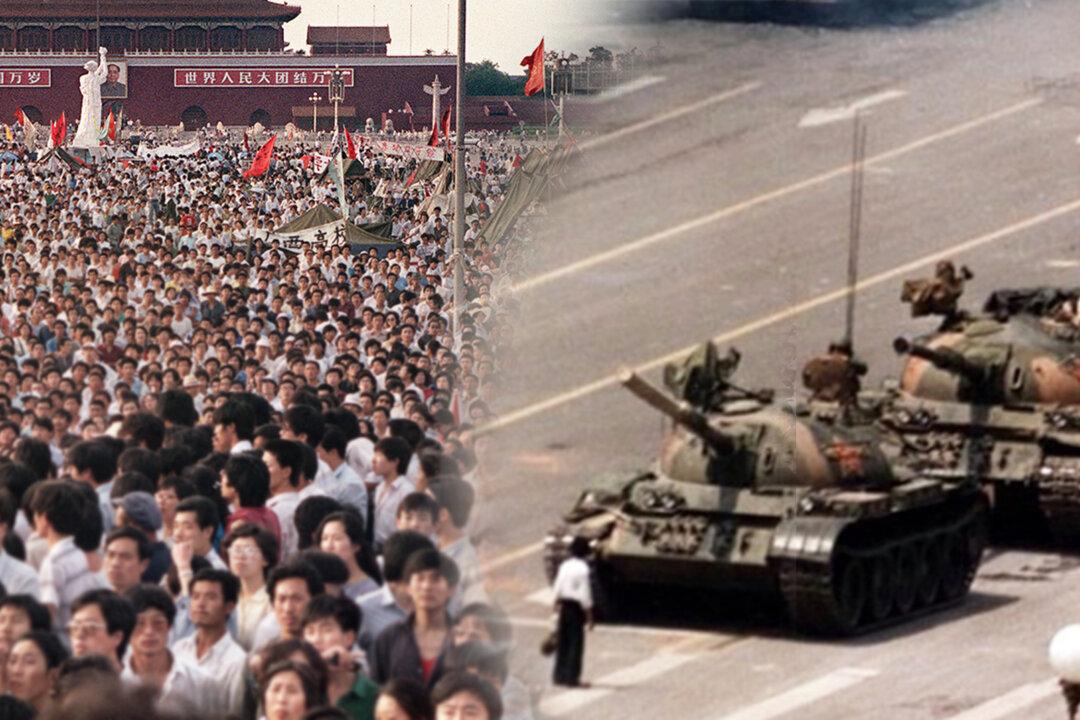On this 31st anniversary of the Chinese communist regime’s bloody crackdown on the student protest at Tiananmen Square in Beijing, also known as the Tiananmen Square Massacre, U.S. Deputy Secretary of State Stephen Biegun presented the honorary International Women of Courage award to the “Tiananmen Mothers.”
The “Tiananmen Mothers” movement was started by Professor Ding Zilin, who lost her son in the protest and grew the group into a chorus of hundreds of mothers seeking the whereabouts of their missing sons and daughters, Biegun said.
Biegun was joined on video-link by Ms. Tong Yi from California, who was one of the leading student-protesters at Tiananmen in 1989 and a witness to the massacre.
Tong shared her experience of the tragedy that occurred 31 years ago.
She said she was standing among a crowd of protesters who filled an avenue leading to Tiananmen Square. Amid machine gunfire that could be heard approaching from afar, people on the street started arranging buses across the road and set them on fire, she said.
After some time, the tanks arrived and soldiers fired randomly into the crowd. Tong saw two people get hit by bullets, but fortunately they were taken to the hospital by passing motorists.
Ding’s 17-year old son, Jiang Jielian, who was standing in another section of the same avenue as Tong, was shot to death during the protest, Tong said.
After his death, Ding, “at great risk to herself, began speaking out and organizing others who had lost family members in the massacre,” Tong said.
Ding and the Tiananmen Mothers have faced “unrelenting government surveillance and harassment” at the hands of the regime, and they are still forbidden to “mourn their dead publicly and to receive and distribute humanitarian aid,” Tong said.
The Chinese regime views the victims of the massacre as criminals, Tong said.
Biegun added that their fates and their final resting places to this day remain unknown.
Ding,now 83 years old, is practically under house arrest by the CCP, Biegun said.
The Tiananmen Square Massacre

The Chinese regime said at the end of June 1989 that 200 civilians and several dozen security personnel had died in Beijing as security forces dealt with “counter-revolutionary riots.”
In 2008, Zhang Zhongshun, a lecturer from Yantai University, was sentenced to three years in prison for showing his class a video of the massacre that he had obtained from an overseas website.





